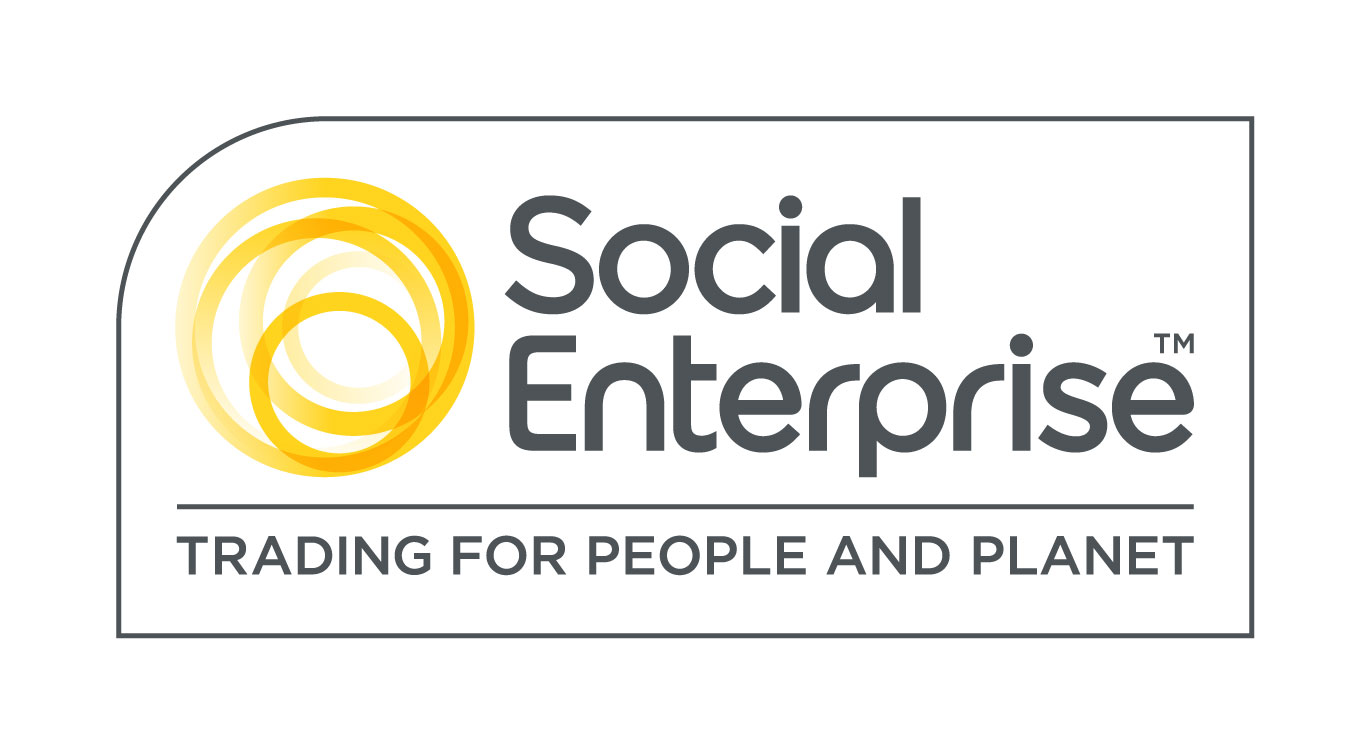Supporting the unemployed into work
Monday, 06 June 2011 08:49
During 2010, our team of 20 coaches engaged with over 3500 unemployed young people claiming job seeks allowance, whilst working on the Future Jobs Fund.
From their experience this is what they found out about about the factors affecting youth unemployment
The main barriers to the young people securing the job were identified as the following, with the most common cited first:-
- No or little real work experience
- Low levels of motivation and confidence
- Highly competitive market due to high levels of unemployment.
- Lack of clarity on career ambitions
- Lack of suitable job opportunities
- Poor educational grades
- Low levels of verbal and written English skills
- Poor interview skills and communication skills
The types of support provided to young people at our 250 career support events, with the most common ranked first, included:-
- Job Information
- Career Coaching
- CV Support
- Interview Preparation
- Career Guidance
Candidates were looking for the following types of jobs:-
- Admin
- Customer Support
- Manual
- IT
- Finance
- Design and Production
- HR
- Marketing and PR
- Event Management
- Sales
Our team of coaches supported 640 young people during their six month FJF work placement and during this period they delivered monthly support to young people. The type of support the young people needed is detailed below, listed in order of importance.
- Life coaching
- Career coaching
- Career guidance
- Employer/candidate facilitation
- Job search support
- Business Coaching
- Business Mentoring
- Business Training.
It was felt on average that between ‘5 to 14 candidates’ per coach may have left their job early if it had not been for the support of the coach providing guidance or facilitation where necessary.
The coaches found the candidates left their FJF placement early, for the following reasons, with the most common cited first.
- Unsuitable employer and job role
- Multiple issues facing candidates
- Benefit Issues
- Low Pay
- Lack of motivation
- Team/management fallout
- Change in career goals
As a result of the support package, the coaches found the candidates developed many skills and attributes. We've highlighted the top five below.
Skills - Interpersonal Skills, Communication Skills, Decision Making Skills, Relationship Development and Effective Team Work
Attributes - Developed self-confidence, Gained clarity and focus, Being resourceful, Developing a positive can-do attitude, Taking responsibility.





